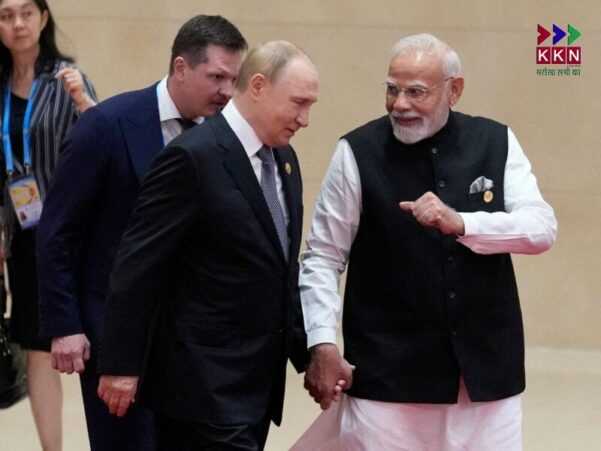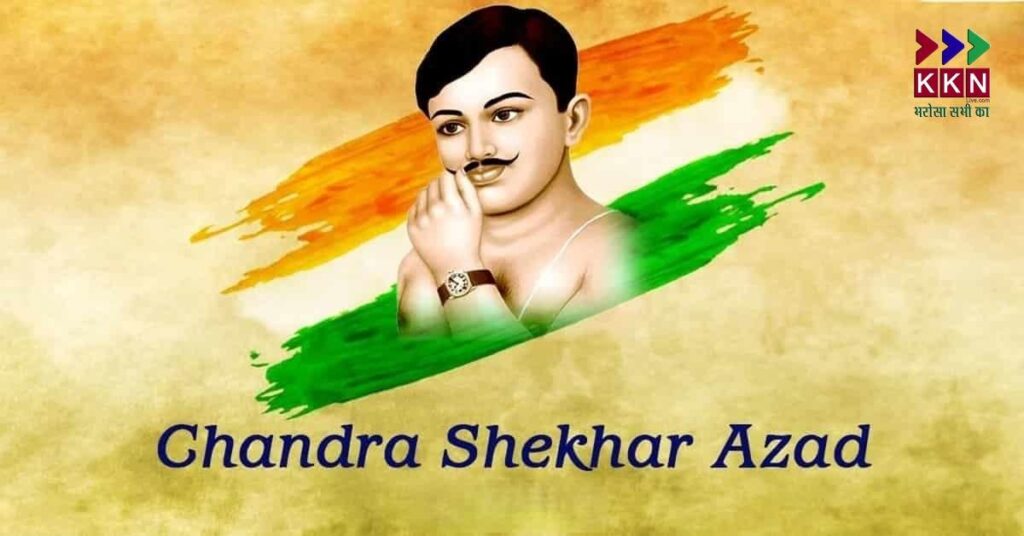
Prime Minister Narendra Modi held a bilateral meeting with Russian President Vladimir Putin on the sidelines of the Shanghai Cooperation Organization summit. Their conversation carried deep significance not only for India and Russia but also for the global community. Modi stressed that the relationship between the two countries has always been built on trust and cooperation, even during challenging times.
During the talks, PM Modi called for ending the conflict in Ukraine. He described the war as a humanitarian crisis and urged all parties to pursue constructive dialogue. His words reflected India’s consistent stand that peace and diplomacy must replace violence and destruction.
A Memorable Meeting Between Modi and Putin
Prime Minister Modi expressed that every meeting with President Putin is memorable. He said that apart from official discussions, the personal warmth between them makes the interaction unique. He also emphasized that 1.4 billion Indians are eagerly awaiting their upcoming interactions scheduled for September.
Modi highlighted that the close cooperation between India and Russia is not only vital for both nations but also important for global peace and prosperity. He underlined that such partnerships have far-reaching consequences beyond bilateral ties, contributing to stability across regions.
President Putin also responded warmly. He said that he always appreciates meeting Modi and acknowledged the strength of the relationship between the two nations. Putin reiterated that India and Russia have stood shoulder to shoulder for decades, through both challenges and opportunities.
Modi’s Call to End the Ukraine War
One of the most striking moments of the meeting was Modi’s clear call to end the war in Ukraine. He said that humanity is demanding an end to the violence. He reminded that the conflict has brought immense suffering and disruption not only to Ukraine but also to the global economy.
Modi stressed that constructive dialogue is the only way forward. He urged all stakeholders to come to the table with open minds and find a path toward resolution. He added that the world cannot afford prolonged conflict at a time when cooperation is needed to address pressing challenges such as climate change, economic recovery, and global health.
His message was consistent with India’s position that emphasizes diplomacy and negotiation over warfare. Modi has repeatedly stated that war is not a solution and that the human cost of conflict is unacceptable.
Significance of India-Russia Relations
India and Russia share a relationship that spans decades. From defense cooperation to energy partnerships, the bond between the two countries has always been strong. Modi reminded that even during the toughest times, India and Russia stood by each other.
He added that the two countries have collaborated in areas ranging from technology to trade, and this collaboration will continue to expand. India’s role as a growing global economy and Russia’s position as a major power make their partnership strategically important.
The partnership also plays a role in regional security. By working together, India and Russia can contribute significantly to balancing power in Asia and beyond.
Global Peace and Prosperity Through Cooperation
Modi stressed that the close cooperation between India and Russia has meaning beyond national interests. He said that when two nations with such influence work together, it strengthens global peace and prosperity.
He highlighted that their partnership is not exclusive but inclusive. It creates opportunities for cooperation with other countries and enhances regional stability. Modi explained that India’s vision for global growth is rooted in harmony, and working with Russia supports that vision.
Discussion on Terrorism at the SCO Summit
While addressing the SCO summit, PM Modi spoke strongly against terrorism. He said that the world cannot ignore how some countries openly promote terrorism. Modi stressed that such actions cannot be overlooked and that international communities must take a firm stand.
In a significant development, the joint declaration of the SCO summit included a reference to the Pahalgam terror attack. This was the first time that Pakistan-sponsored terrorism was condemned so strongly in such a forum. The inclusion of this reference was seen as a diplomatic success for India, highlighting Modi’s leadership in bringing global attention to cross-border terrorism.
The condemnation marked a milestone for India, as earlier declarations had avoided naming or referring to specific attacks linked to Pakistan. Modi’s efforts ensured that the voice against terrorism was not diluted, making the declaration more impactful.
India’s Balanced Diplomacy
India’s stance on global issues, including the Ukraine conflict and terrorism, reflects its policy of balanced diplomacy. Modi’s words to Putin combined firmness with respect. He did not shy away from calling for peace, but he also recognized the importance of India-Russia cooperation.
India has maintained strong ties with both Russia and Western nations. This balance allows India to play a unique role as a mediator and bridge-builder in global politics. By advocating for dialogue in Ukraine and highlighting terrorism at the SCO, India showed its ability to focus on peace and security in multiple dimensions.
The Humanitarian Aspect of the Ukraine War
By describing the Ukraine war as a call from humanity, Modi brought moral weight to the discussion. He pointed out that wars never remain limited to borders. Their impacts ripple across the globe, affecting energy supplies, food security, and economic growth.
Millions of people have been displaced, and global inflation has worsened because of disruptions caused by the war. Modi stressed that such outcomes demand urgent attention from world leaders. He said that humanity cannot accept endless destruction and that it is the duty of leaders to listen to the cries for peace.
The Road Ahead for India and Russia
The meeting between Modi and Putin has set the stage for further dialogue in the coming months. Both leaders indicated that their partnership remains strong, and both sides are willing to expand cooperation.
September’s upcoming interactions, awaited by millions in India, are expected to focus on deepening trade ties, energy cooperation, and defense partnerships. The leaders are also expected to revisit the issue of Ukraine and explore ways to bring more voices into the peace process.
For India, maintaining its strong relationship with Russia while advocating peace in Ukraine demonstrates its growing role in global diplomacy. For Russia, cooperation with India is vital for strengthening its strategic partnerships in Asia.
The bilateral meeting between Prime Minister Narendra Modi and President Vladimir Putin was both symbolic and substantive. Modi’s call to end the Ukraine war for the sake of humanity stood out as a powerful message. His emphasis on peace, dialogue, and cooperation showed India’s leadership on the global stage.
The reaffirmation of strong India-Russia ties, combined with India’s firm stance against terrorism at the SCO summit, reflected a vision of balanced diplomacy. Modi made it clear that global peace and prosperity depend on cooperation between major nations.
As 1.4 billion Indians look forward to future meetings in September, the world also watches closely. The outcomes of these discussions may shape not only the relationship between India and Russia but also the broader quest for peace and stability in the international arena.


